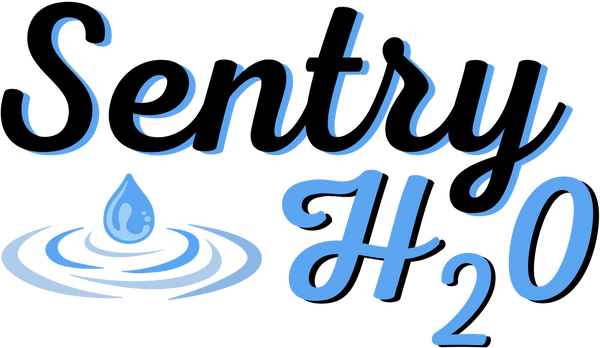Water quality plays a surprisingly important role in the performance, longevity, and efficiency of household appliances. In Arizona and across much of the Southwest, hard water is a daily reality. But what exactly is hard water, and what are the real effects of hard water on appliances in your home? This educational guide explores the science, the consequences, and what homeowners can do in 2025 to protect their investments and enjoy healthier water.
What Is Hard Water?
Hard water is water that contains high levels of dissolved minerals, mainly calcium and magnesium. While these minerals are naturally occurring and not harmful to drink, their presence can wreak havoc on plumbing and appliances over time.
How Hard Water Affects Household Appliances
The effects of hard water on appliances are both immediate and cumulative. If you’ve noticed white spots on your dishes, crusty build-up on faucets, or reduced efficiency in your water heater, hard water is likely to blame. Here’s how hard water impacts different appliances:
1. Water Heaters
Hard water causes mineral deposits (scale) to accumulate inside water heater tanks and on heating elements. This scale acts as insulation, forcing the heater to work harder and use more energy, which can lead to higher utility bills and, ultimately, premature failure of the appliance.
2. Dishwashers
Dishwashers are particularly susceptible to the effects of hard water. Mineral deposits can clog jets, leave residue on dishes and glassware, and reduce the effectiveness of detergents. Over time, this build-up can cause malfunctions or costly repairs.

3. Washing Machines
The minerals in hard water can accumulate inside washing machines, affecting heating elements, hoses, and drains. Clothes may come out feeling stiff or looking dull, and the machine’s lifespan may be shortened due to internal scaling and extra wear on moving parts.
4. Coffee Makers, Kettles, and Ice Makers
Small appliances that heat water are especially vulnerable. Hard water rapidly deposits scale inside these devices, clogging tubes and reducing the efficiency and taste of your beverages. Frequent descaling may be necessary to keep them running.
5. Faucets and Showerheads
Limescale from hard water causes visible white or chalky build-up on faucets and showerheads, restricting water flow and diminishing water pressure. This can also contribute to bacteria growth if not regularly cleaned.
The Cost of Hard Water in 2025
With the cost of living and energy prices rising, the effects of hard water on appliances can have a significant financial impact. Besides the need for frequent repairs or replacements, energy bills climb as appliances struggle to operate efficiently under layers of mineral build-up. Studies show that water heaters, for example, can lose up to 24% of their efficiency due to scaling.
Environmental Impact
The effects of hard water on appliances extend beyond personal inconvenience. When appliances work harder, they consume more energy, increasing your home’s carbon footprint. Additionally, excess detergent and chemical cleaners are often used to combat visible residue, which can harm local ecosystems when washed down the drain.
Recognizing the Signs of Hard Water
- White or grayish film on dishes and glassware
- Soap scum in sinks, tubs, and showers
- Reduced water pressure in faucets and showerheads
- Frequent appliance breakdowns or reduced performance
- Clothes feeling rough or looking faded after washing
Solutions for Hard Water Problems
Fortunately, homeowners have several strategies to address the effects of hard water on appliances:
- Regular Maintenance: Clean appliances and fixtures frequently to minimize scale build-up. Use vinegar or commercial descalers where appropriate.
- Appliance-Specific Filters: Some dishwashers and washing machines can be fitted with filters or cartridges designed to reduce scaling.
- Whole Home Water Treatment: Installing a water treatment system can tackle hard water issues at the source, protecting every appliance and faucet in your home. Non-salt-based systems are particularly popular in 2025 for their efficiency and eco-friendliness.

The Importance of Testing Your Water
Before investing in a solution, it’s wise to test your water’s hardness. Many local water utilities provide annual reports, or you can use at-home water testing kits. Understanding your specific water quality allows you to choose the most effective treatment for your needs.
Looking Ahead: Smarter Water Management in 2025
Water quality awareness is growing, and homeowners in Arizona and beyond are increasingly seeking out sustainable ways to protect both appliances and the planet. Modern water treatment solutions are more effective, compact, and environmentally friendly than ever before. By taking proactive steps to address the effects of hard water on appliances, you can extend the life of your investments, save money, and contribute to a more sustainable future.
Curious about your home’s water quality or looking for ways to reduce the effects of hard water on appliances? Explore our water report summaries or browse our tips for healthier water at home. Protect your appliances, your wallet, and your well-being—one drop at a time!
